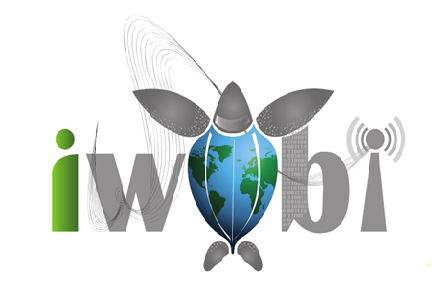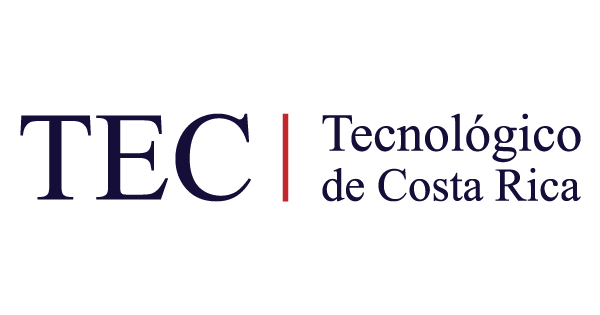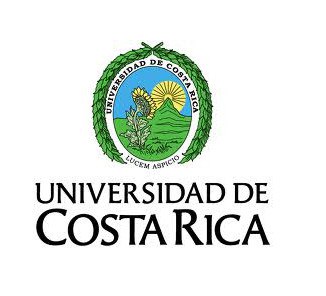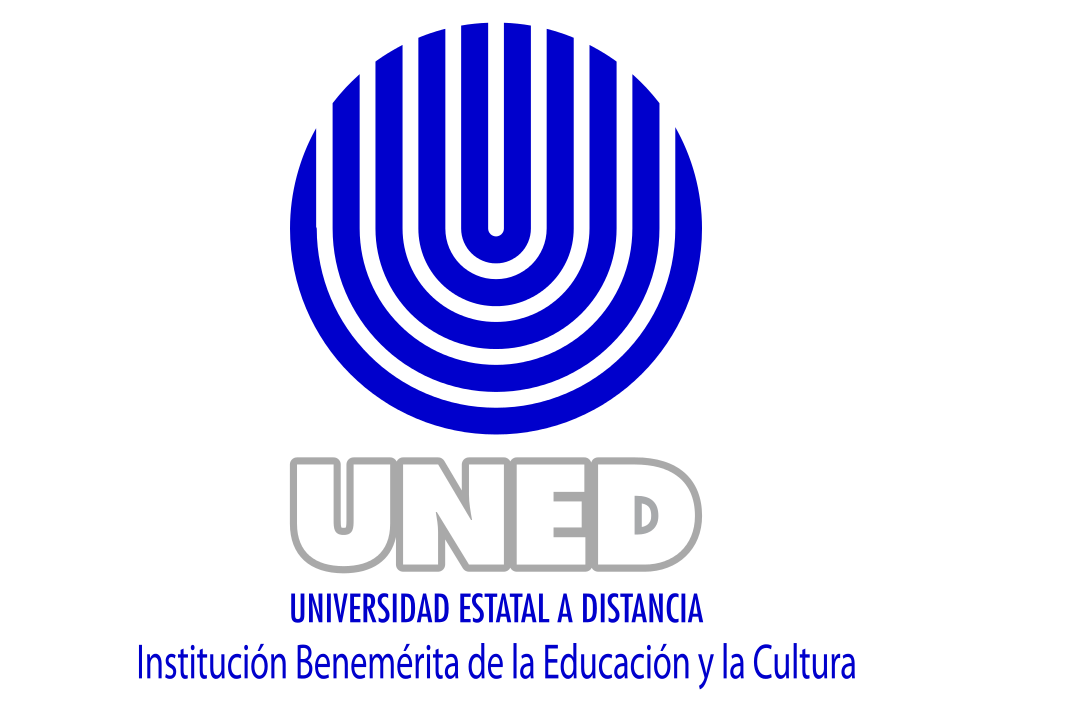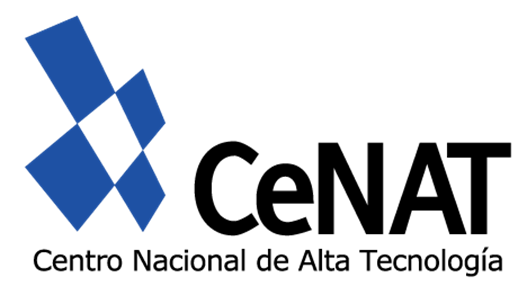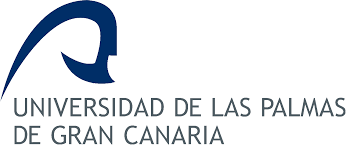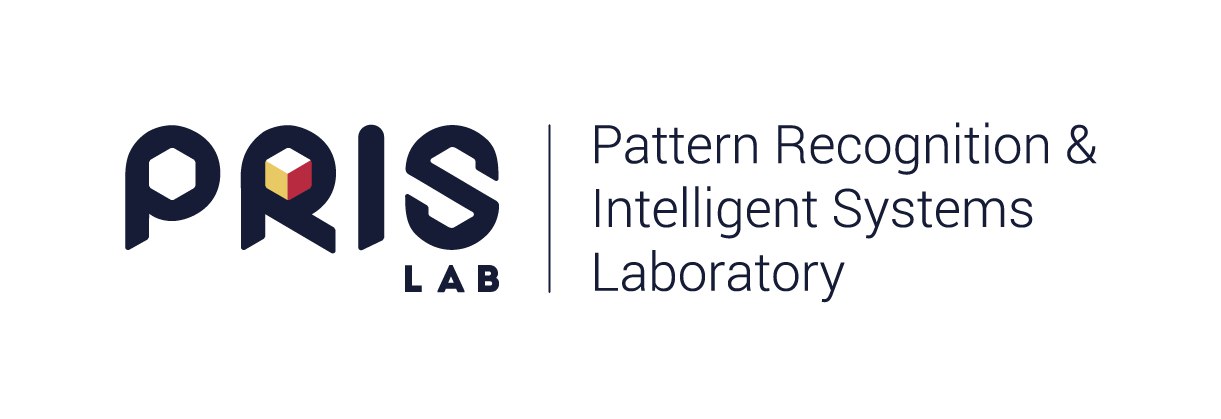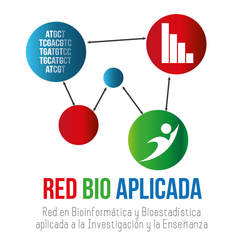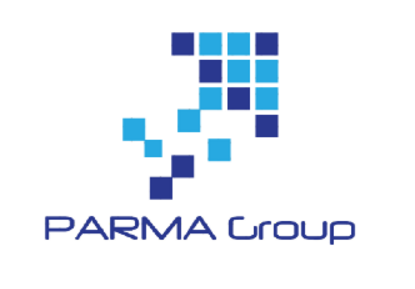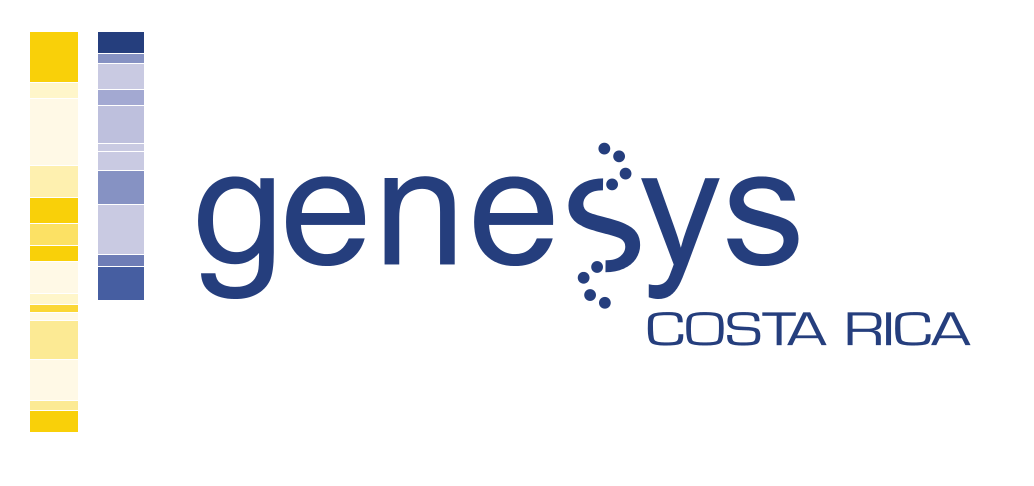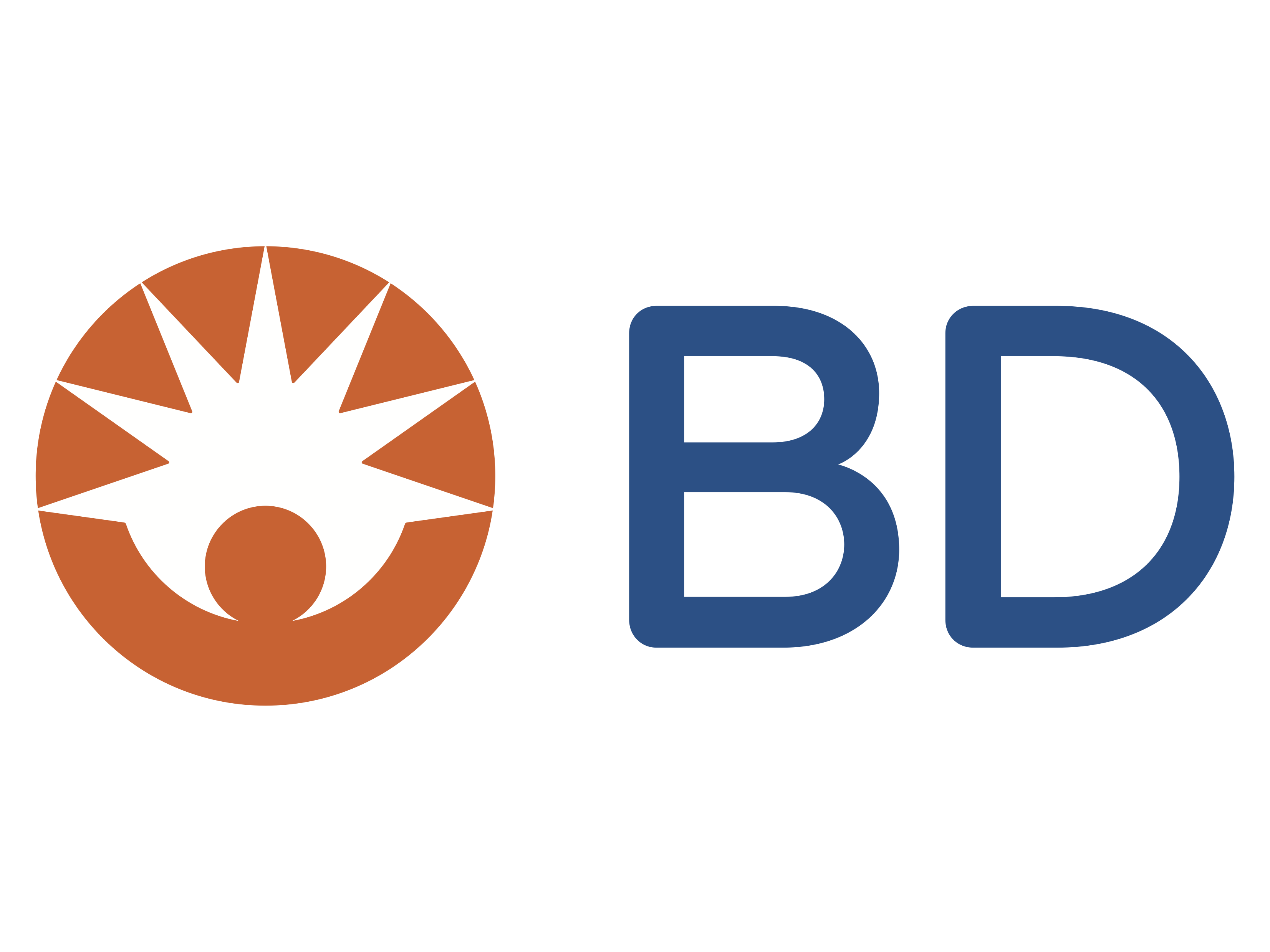Pedro Mendes, PhD
Pedro Mendes is a professor of the University of Connecticut ( University of Connecticut Health Center, Center for Quantitative Medicine, Department of Cell Biology, and Center for Cell Analysis and Modeling.). His backgroun is in Biochemistry at the University of Lisboa and obtained his PhD at the University of Wales Aberystwyth, the Computer simulation of the dynamics of biochemical pathways), under the supervision of Douglas B. Kell. Mendes has published more than 120 manuscripts having a total of 17734 citations and h-index of 49 according to Google Scholar. His background is in Biochemistry and computer science. He has interest and research in both areas and their joint application. His area of research is in computational systems biology, where he has demonstrated leadership in biochemical modeling and simulation; he was the author of Gepasi, a popular and pioneering software package for modeling biochemical networks, which then became COPASI, now one of the top simulators for systems biology. He has co-led the development of two community metabolic reconstruction projects, for yeast and human metabolism. He was also involved in developing standards for systems biology (SBML, SED-ML the MIRIAM proposal for minimal information for reporting simulations, and metabolomics standards). He carried out research in the area of functional genomics data analysis, particularly in metabolomics and reverse engineering methods. He is interested in modeling biological systems at the cellular and whole-body levels and have active projects on models of yeast metabolism, mammalian iron biochemistry, eukaryotic protein translation, and oxidative stress. He has mentored 19 postdocs and 21 PhD students (past and current). Research in the areas listed below requires a broad interdisciplinary approach and he works with people from most areas of science.
Research Interests
His research is in the area of computational systems biology, which aims to better understand biological systems through the use of computer models. He is a member of the Manchester Centre for Integrative Systems Biology, and of the Machine Learning and Optimization research group. His active areas of research are:
- Development of modelling and simulation software: He was the author of the popular simulator Gepasi and now the leader of the new COPASI simulator (w/ U. Kummer). He has also been actively involved in the development of SBML, the systems biology markup language, and the MIRIAM proposal for model annotation.
- Construction of biochemical models: He is currently working on models of mammalian iron metabolism, eukaryotic translation, and microbial central He is also developing methods for the construction of large-scale kinetic models of entire cells.
- Parameter estimation and systems identification: He has pioneered the application of numerical global optimization in biochemical kinetic modelling. He is interested in using formal systems identification techniques in systems biology,particularly for reverse engineering models from data.
- Reverse engineering biological networks: a long-term objective of systems biology is to be able to construct models directly from large-scale genomics, proteomics and metabolomics data sets. He is interested in this problem for a while, having been involved in the development of a few methods for reverse engineering, as well as creating artificial networks to benchmark that type of algorithms (eg the AGN system).
- Biological data mining using machine learning: to analyse the large amounts of data produced in systems biology experiments, such as looking for common or unusual patterns in those data, or to classify (and identify the determinants) predefined behaviours.
Funding awards
NIH Development of COPASI and support of its biomedical users
NSF REU Site: Modeling and Simulation in Systems Biology DMS-1460967
Previous projects were funded by the following agencies:
- The National Science Foundation (DBI and BES divisions)
- The NIH's National Cancer Institute
- The UK's Biotechnology and Biological Sciences Research Council (BBSRC)
- The UK's Engineering and Physical Sciences Research Council (EPSRC)
- The European Union's FP7 program
- The Portuguese Fundação para a Ciência e a Tecnologia
- The United States Department of Agriculture
- The Samuel Roberts Noble Foundation
Alexander Gelbukh
Alexander Gelbukh has M. in C. degree in Mathematics (with honours) by the M.V. State University Lomonosov of Moscow, Russia (1990), and is doctor of science (computer science) by the Institute of Scientific and Technical Information of All Russia (1995). He is Professor-researcher and Head of the Laboratory of Natural Language and Text Processing of the Research Center in Computation (CIC) of the National Polytechnic Institute (IPN), Mexico, since 1997. He has been visiting Professor of the National University of Colombia, guest Researcher at Waseda University, Japan, member of the Mexican Academy of Sciences since 2000 and national Researcher of Mexico (SNI) since 1998, currently with level 2. Awarded with the Diploma to Research, by the IPN. Is the founder and chair of the CICLing International Conference series. He has been Honorary Chair of ENC-2008, Program co-chair of some recent MICAI, CIC, CORE, and some other conferences. He is the founder Editor-in-Chief of the International Journal of Computational Linguistics and Applications (IJCLA) and Editor-in-Chief of the journal POLIBITS.
Dr. Gelbukh is President of the Mexican Society of Artificial Intelligence, former president of the Mexican Association of Natural Language Processing. His main areas of scientific interest are computational linguistics and artificial intelligence. Author, co-author or editor of more than 500 scientific publications; co-author of 4 books; editor in chief or member of the editorial committee for more than 10 international journals. He has been president, honorary president or president of the program committee of more than 20 international congresses. He has been director of more than 20 Doctoral theses. He has directed several research projects supported by the Government of Mexico (CONACyT) in the field of computational linguistics and information retrieval.
Areas of interest:
- Artificial Intelligence
- Computational Linguistics, Natural Language Processing, Text Processing Sentiment and emotion analysis, sentic computing, opinion mining
- Computational morphology, syntax, and semantics
- Lexical and syntactic disambiguation
- Word Sense Disambiguation
- Direct and indirect anaphora resolution
- Information retrieval, information extraction, text mining
- Lexical resources, diccionaries and ontologies
- Human-computer interaction
Significant awards:
- Member of Mexican Academy of Sciences since 2000 in the Engineering This Academy includes 2040 regular members and 80 correspondent members; of those, 200 in the Engineering section (data 2008).
- National Researcher of Mexico (member of SNI) since 1998, currently at the excellence level 2. This title, subject to re-evaluation every 4 years, includes a monetary prize of more than $520,000 MXN (paid during the 4 years).
- Sabbatical stay grant from the CONACYT (Mexican Ministry of Science and Technology) during 2010–2011 for a stay at Waseda University, Tokyo, Japan. This award, selected on highly competitive grounds, included a monetary prize of USD $17,000.
- Distinguished Visitor of the city of Apizaco, by the City Council of Apizaco, Tlaxcala, Mexico, on the occasion of the 5th Mexican International Conference on Artificial Intelligence, 2006.
See more details at www.Gelbukh.com.
Pascal Tyrrell
“Pascal Tyrrell is a data scientist—a combination of research methodologist, computer/database solutions architect and innovator. He received his PhD in medical sciences from the University of Toronto working in the area of pediatric rheumatology at SickKids (Toronto, ON). Currently, he is the director of data science and an assistant professor with the Department of Medical Imaging, University of Toronto where his aim is to understand, explore, and innovate where information and communications technology can be used effectively to encourage the translation of health research into action. Pascal is also appointed to the Department of Statistical Sciences where his research aims to establish useful guidelines for the quantity and quality of input data for machine learning in medical imaging research by investigating current methods as well as developing new ones. Pascal has previous work experience in the computer and financial industries and more recently, he has joined the medical device tech start-up company AceAge Inc. as their Chief Scientific Officer.”
Significant innovations:
1- Establishment of Medical Image Network Enterprise (co-founded by Professors Moody and Tyrrell: http://mine-to.ca/) which serves as a data science platform in medical image research housed at Sunnybrook HSC, Toronto, Ontario, Canada. This endeavour also creates and strengthens existing links with academic and industry partners in the world of Data Science and “Big Data”.
2- Development and introduction of a data science unit – MiDATA – offering users an environment geared towards a “soup to nuts” approach to medical imaging research methodology and statistics (http://medical-imaging.utoronto.ca/MiDATA). MiDATA aims to provide education and services to empower data in medical imaging research. The program consists of three aspects: research, education and mentorship, research project oversight, knowledge translation.
3- Medical imaging Volunteer Internship Program (https://mivip-utoronto.blogspot.ca/) which is also home to the Medical imaging Buddies program. The main objective of these programs is to encourage young minds – from high school to medical school – to become interested and engaged in the world of medical imaging. Though officially housed in the University of Toronto, MiVIP/MiB welcomes students from all schools in the country.
4- Establishment of the “MiDATA Machine Learning Working Group” and the "MiSTATS+ML" created in order to promote and establish a network of researchers interested in the application of machine learning techniques and statistics in the area of medical imaging research. This group includes academic researchers from across the country as well as researchers from industry.
For more information please see http://www.tyrrell4innovation.ca
